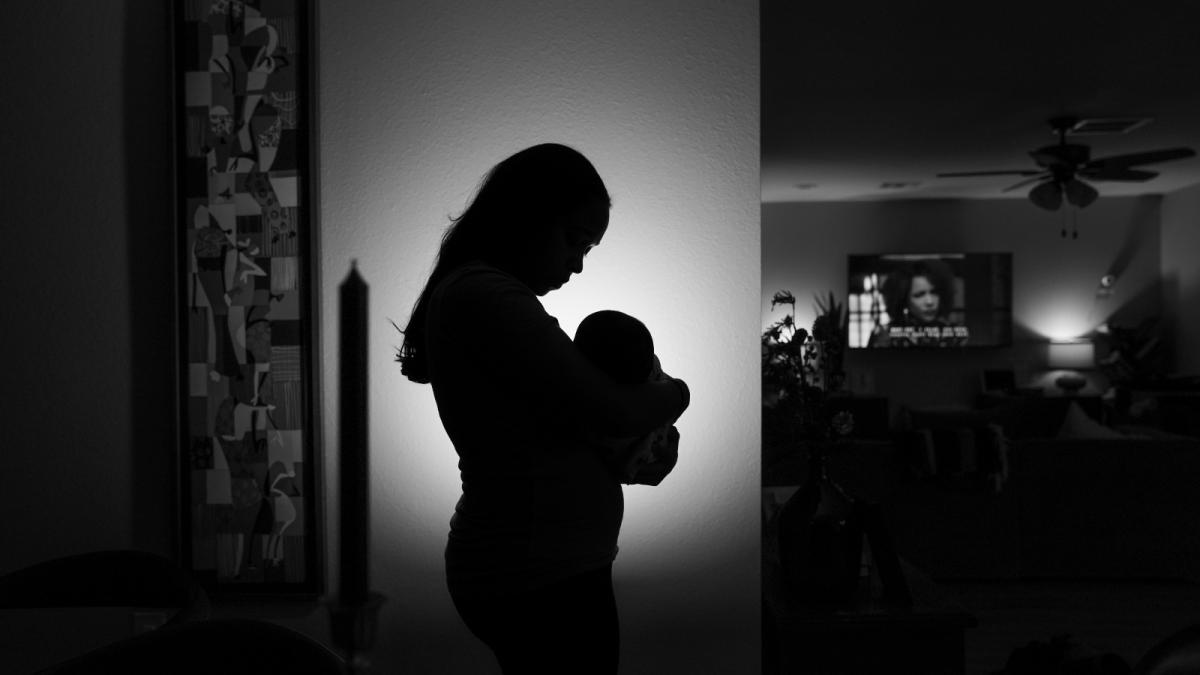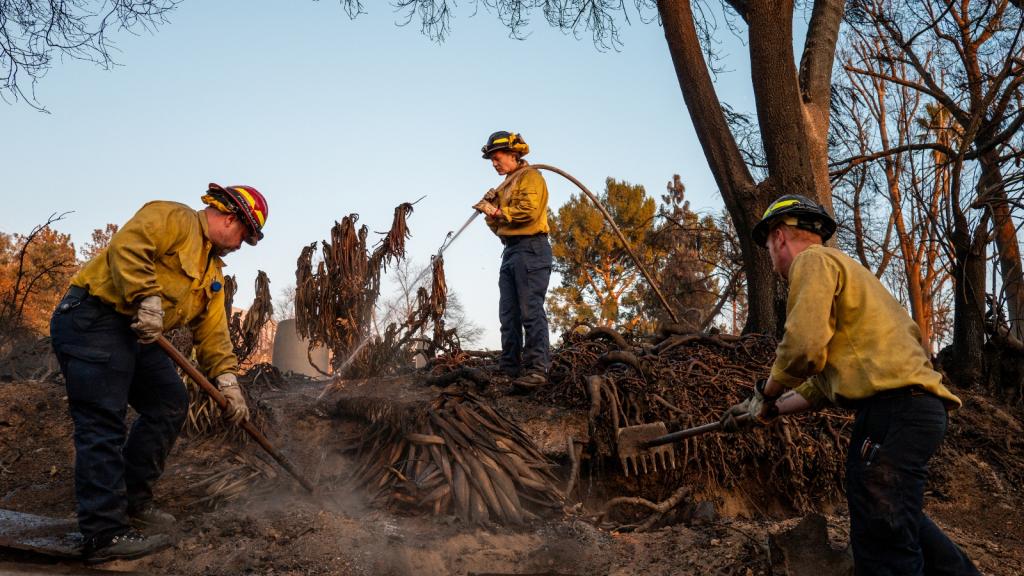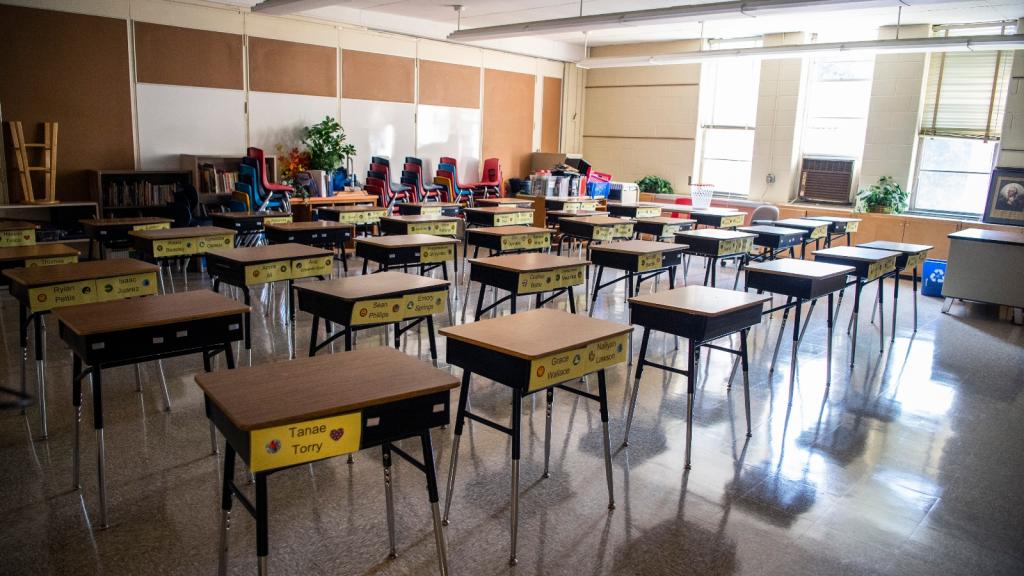In the days leading up to Hurricane Irma’s landfall in September 2017, Esther Louis made preparations to flee Florida with her husband and four children. The Category 4 Hurricane was expected to hit the Florida Keys and make it’s way up the state, posing a risk to millions of residents. One of those residents was a client of Louis’ who was nine months pregnant and living in a home that the Miami-based doula feared was in too poor of condition to withstand the storm.
As a doula, Louis was trained to provide holistic care to her client, anticipating all the factors that may affect her health. She worried about how the stress of an impending hurricane and evacuation could impact her client’s pregnancy. So she offered to escort her client and her family toward Georgia, where Louis was headed and where her client had relatives.
The caravan of two families departed together, inching their way in evacuation traffic to the Georgia border. What would have been an eight hour drive took 24 hours. “It was stressful,” Louis said. Her client started to experience Br... Read more




